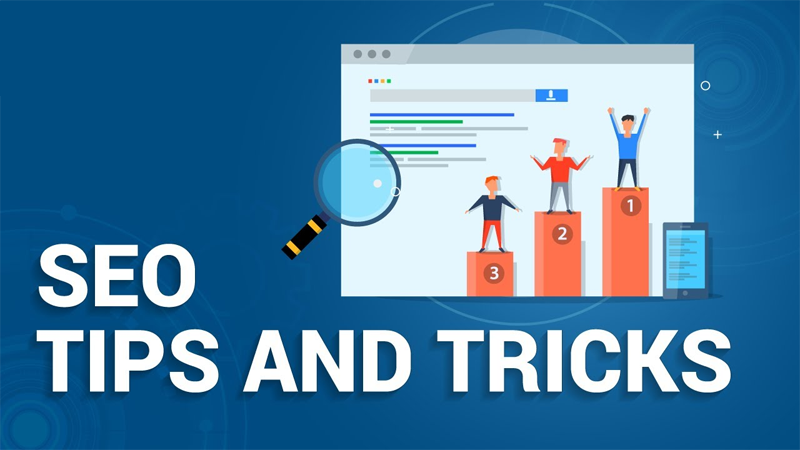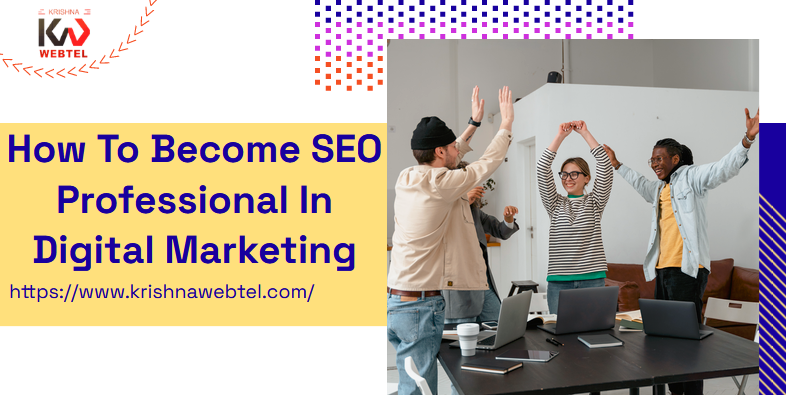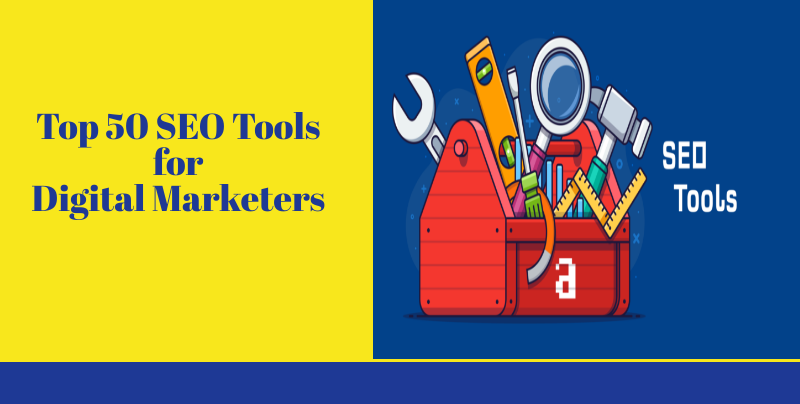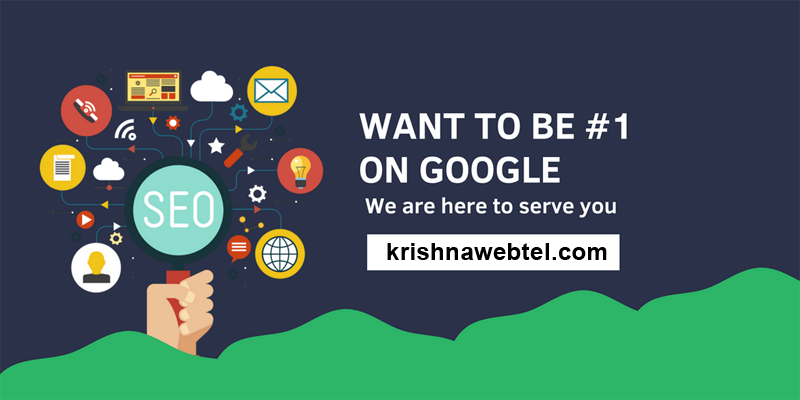SEO Training Tips
- Understand Search Engine Optimization (SEO) basics: Before getting into the nitty-gritty of SEO, it’s important to understand the basics. Learn the definitions of key SEO terms such as keywords, backlinks, and meta tags.
- Research keywords: Keywords are the foundation of SEO. Without the right keywords, your SEO efforts won’t be nearly as effective. Research relevant keywords to target in your content.
- Optimize your content: Once you’ve identified the keywords you want to target, you need to optimize your content for them. This means including them in the titles, headings, and body of your content.
- Build backlinks: Backlinks are links from other websites to yours. The more backlinks you have, the higher your site will rank in search engine results. You can build backlinks by guest blogging, submitting your site to directories, and getting featured in press releases.
- Monitor your progress: Once you’ve implemented your SEO strategy, it’s important to monitor its progress. Use analytics tools to measure the performance of your pages and make adjustments as needed.
Why SEO is important now a days
SEO is important now more than ever because it helps businesses build trust, credibility, and visibility in search engines. By optimizing a website for search engines, businesses can increase their visibility and improve their ranking in the search engine results pages (SERPs). This, in turn, allows them to draw more qualified traffic to their websites, which can lead to more conversions and sales. Additionally, SEO helps businesses stay competitive in their industry and build brand awareness.
How to learn seo online and offline
Learn SEO Online
• Take online SEO courses.
• Read SEO blogs.
• Watch SEO tutorials.
• Participate in SEO forums.
• Try SEO tools.
Learn SEO Offline
• Attend SEO conferences and seminars.
• Join an SEO group or club.
• Read SEO books.
• Network with other SEO professionals.
• Hire an SEO consultant.
How SEO institute can help to learn seo offline
An SEO institute can provide a comprehensive and structured educational program to learn SEO offline. This could include lectures and workshops delivered by experienced SEO experts, as well as hands-on experience using various SEO tools and techniques. The institute could also provide access to the latest industry research and news to help students stay up to date with the ever-evolving SEO landscape. Additionally, the institute could provide individual mentorship opportunities and support networks to help students develop their skills and strategies.
Modern SEO and old SEO difference
Modern SEO:
Modern SEO is focused on creating content and optimizing it for users. It involves creating content that is informative and helpful to readers, optimizing titles and meta descriptions to draw users in, and using keywords to increase visibility in search engine rankings. Modern SEO also involves optimizing website design and structure to make it easier to navigate, as well as improving website speed and security.
Old SEO:
Old SEO focused primarily on optimizing websites for search engines. It involved optimizing title tags, meta tags, and keyword density to achieve higher rankings in the search engine results pages. Old SEO also involved link building strategies, such as directory submissions and article submissions, that are no longer effective. Finally, old SEO did not focus on creating content that was informative and helpful to readers; instead, it was focused solely on creating content to get higher rankings in search engine results.




